The Kitchen-Sink Stings
Wasp
A look back at Andrea Arnold’s Oscar-winning short film where class and desire collide in a single mother’s dilemma.
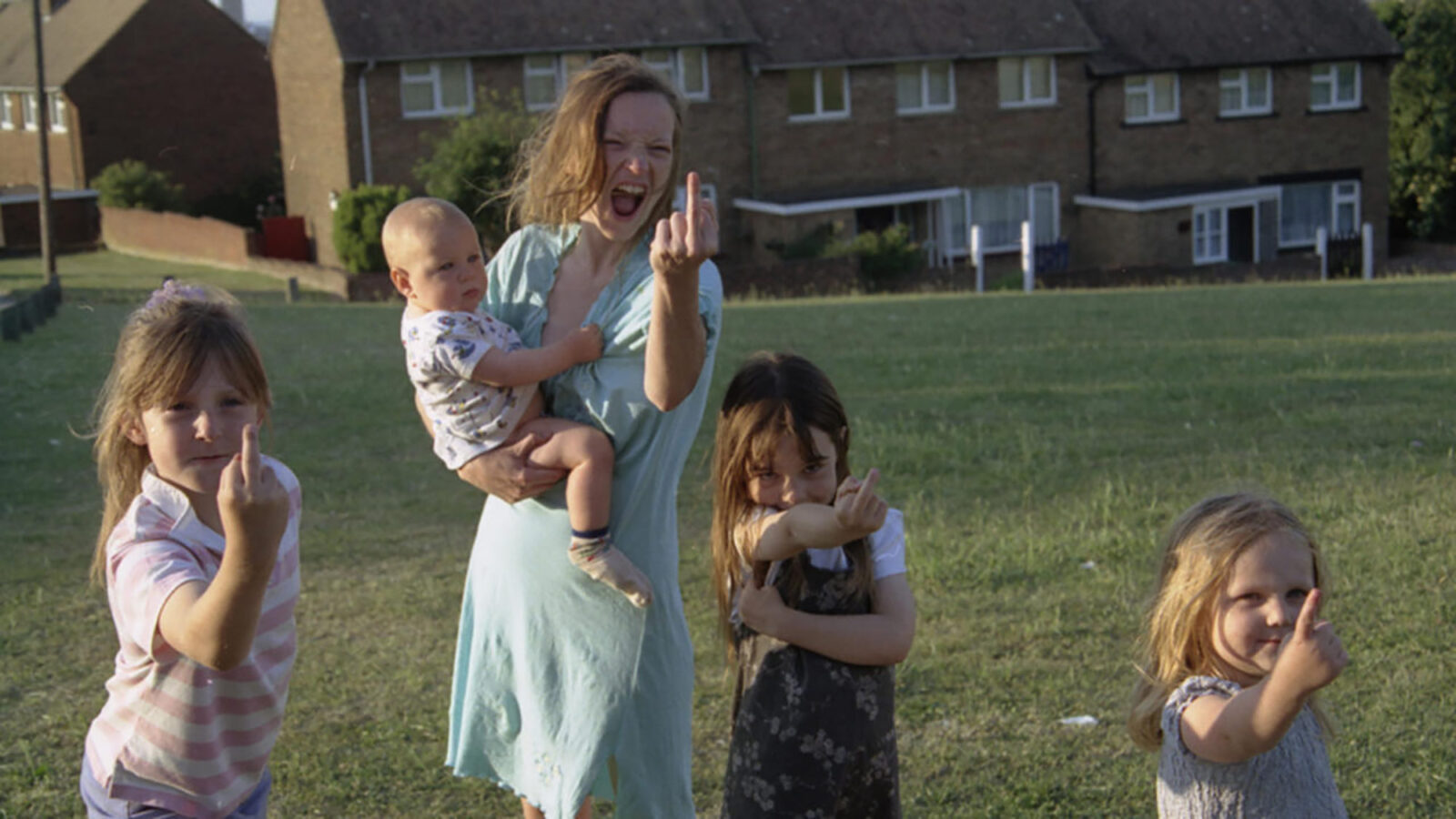
When British social realist cinema held sway at the turn of the century, Andrea Arnold’s films struck a refreshing feminist blow at a decidedly male-dominated genre. Receiving wide acclaim, Wasp and her second feature Fish Tank (2009)—a big sister to the Oscar-winning short—heralded a new age of feminist kitchen-sink-realism. Twenty-one years on, Arnold is now a household name.
Assigning Arnold the feminist label feels like a safe bet not because her films tread water in trivial depictions of (young) solo-motherhood, sexuality, and desire or the parentification of young girls—not even because they are utterly dedicated to the female gaze. Her cinema is distinctly feminist because she is committed to tracing arcs of precarity and desire across generations of women.
We join protagonist Zoe mid-movement, darting down a stairwell in one of England’s bleak high-rise estate buildings with three girls in tow. Bare feet on hot concrete, a diaper-less baby propped under her arm, they dash past the camera like a gang of little rascals. Regardless, in this story, Zoe is the one at the wheel. Stubborn and energetic, she is the prototype of an Arnold protagonist: a woman from the working class who refuses to budge, even if her desires remain forever out of reach.
Up close, the muggy humidity of the late summer’s afternoon pours onto their raw, sticky, soft, sweaty, and rough bodies. They radiate glowing ease while yearning with hunger. The duality of struggle and serenity is conveyed through a handheld camera that dares to zoom in on the dirt. Aestheticisation? Yes. Romanticisation? Absolutely not. Moldy bread, the remains of a bag of sugar for dinner, and stained clothes scream poverty. Arnold is not one to avoid stereotypes: but here, her empathetic gaze effortlessly transforms pity porn into daring authenticity.
As serene as it might sound so far, in Arnold’s films, we can depend on something to change as soon as one man enters the picture. In Wasp, he takes the shape of Zoe’s adolescent crush, Dave. A slick boyband-prototype smothered in hair gel (it is the early 2000s, after all), whose return coincides with that of Zoe’s feelings for him. Dave’s flirting is clumsy at best, yet his secure movements feel intrusive, like those of an otherworldly alien. In Zoe, a switch flips from dominance to neediness, both physical and emotional, that should trigger any feminist.
Absorbed by shame and desire, Zoe enters a predicament in what feels like a thriller-level of emotionality. In painfully oblivious Dave, she senses her chance to escape her reality, pretending to be the woman he imagines her to be. The man, refreshingly, becomes a projection of desire for Zoe, who sets aside the duties of motherhood for the night.
Or at least she tries to, because pleasure here comes at a price. More out of reflex than through reasoning, she tells Dave the kids are her friend’s. Zoe’s solution to the dilemma proves her eagerness to rekindle the flame: lured with one packet of crisps and a glass of soda, she parks the kids outside the pub so she can have a drink with Dave.
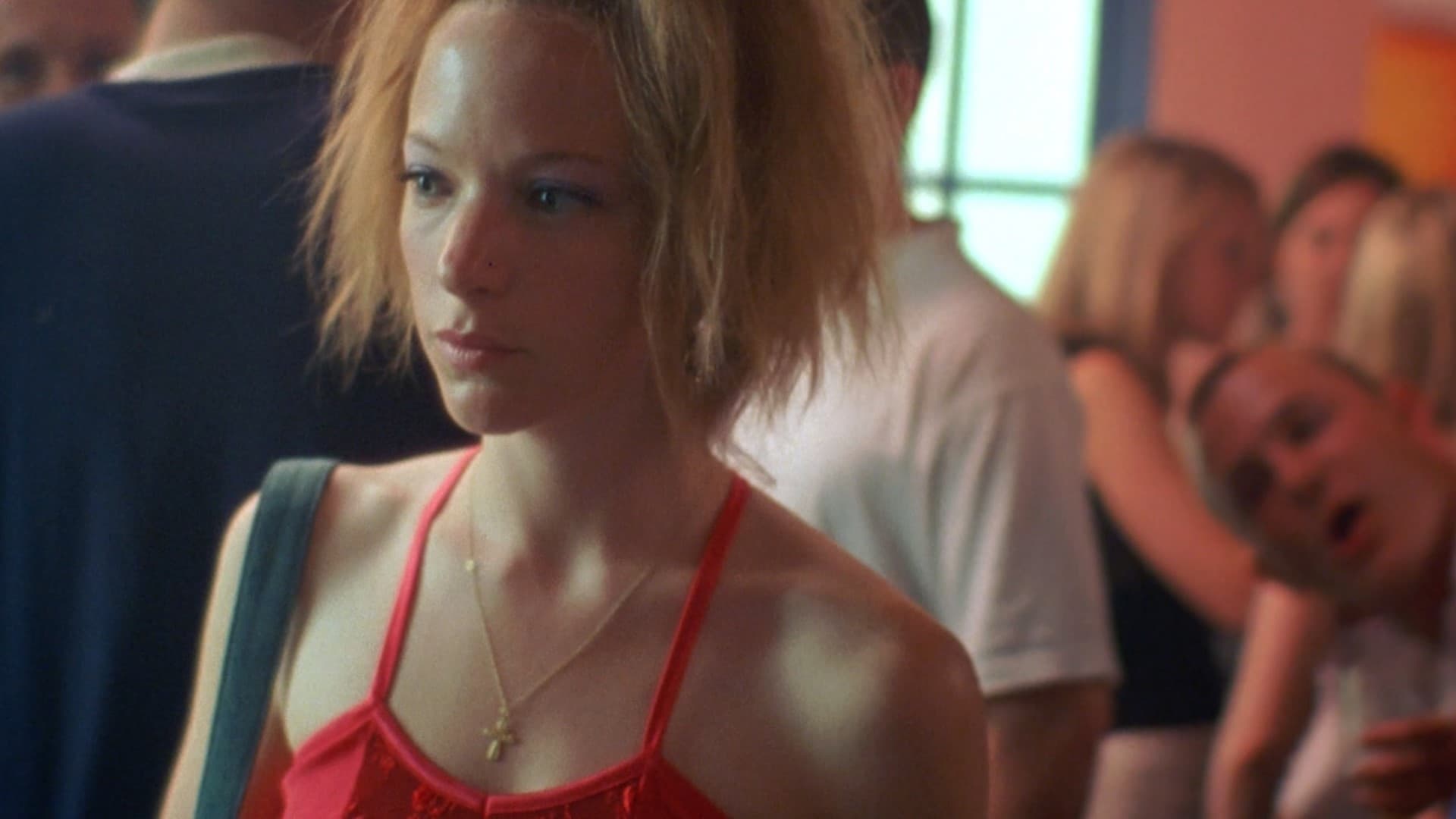
Scene by scene, the walls close in on Zoe… To Dave, she’s “one of those modern birds” who can pay for the first round of drinks—a charming move for him, an existential threat for Zoe. There is only so much tongue-in-cheek humour Zoe can produce to distract from the restless children on the loose in the parking lot. Motherhood and desire seem to battle it out in every one of Zoe’s choices.
This could easily devolve into a morality tale, but Arnold is never interested in villainising her protagonist. Instead of focusing on Zoe’s (hardly deniable) neglect, she paints an honest picture about raising kids without the equipment, means, or resources to—and stages a withering critique of so-called ‘motherly instinct’.
While the youngest of the children deliver punchy advertising lines in a display of childish innocence—“McCain chips, keeps the fat on the tray, not on your hips”—the one person in the film from whom Zoe can’t hide is her eldest daughter, Kelly. Barely a pre-teen herself, she is a walking mirror to Zoe, bringing on a self-confrontation with each look. When Zoe leaves the pub to check on her kids one last time, Step’s “5, 6, 7, 8” blasts from inside. A single locking of eyes and a cautious smile between Zoe and Kelly as they join into their line dance routine speak volumes. Their shared intimacy is one defined by vulnerability and shame, a cocktail of emotions that howls in dog-whistle to those spectators in the know.
Arnold has us witness how poverty drills itself relentlessly into these little personalities, each of them at different stages. The inheritance relates to more than status: in different ways, each woman is preoccupied with feeding a desire, be it food, motherly love, or sex. Despite the yearning with which they try to shield themselves, disappointment is inevitable. It is no surprise that one of these young girls should become the fifteen-year-old Mia in Fish Tank, a master at self-protection whose tenacity crumbles when her mother’s new boyfriend offers her the validation she seeks.
Later, inside Dave’s car, it becomes painfully clear what Zoe has been shielding herself from. Slouched in the passenger’s seat, she holds the baby softly. He no longer screams from hunger but falls asleep with a smear of ketchup on his face. Bending over backwards, Zoe has been in the driver’s seat throughout. However, any world in which she makes the actual call seems to be wishful thinking.
In the end, Arnold doubles down on reality once again and allows Beckham-lookalike Dave the last word: “Let’s go home, and we’ll have a little chat.” Whatever his intentions may be, when it comes to female agency, the final score stings: Patriarchy 1, Zoe 0.

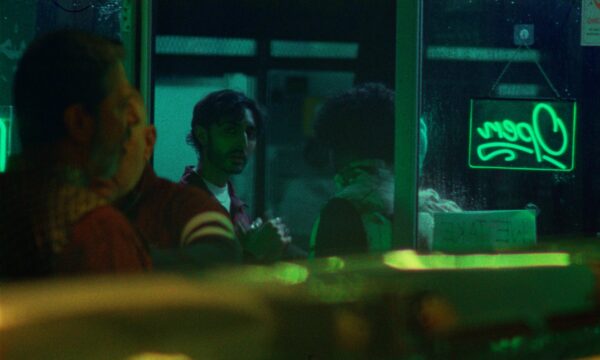
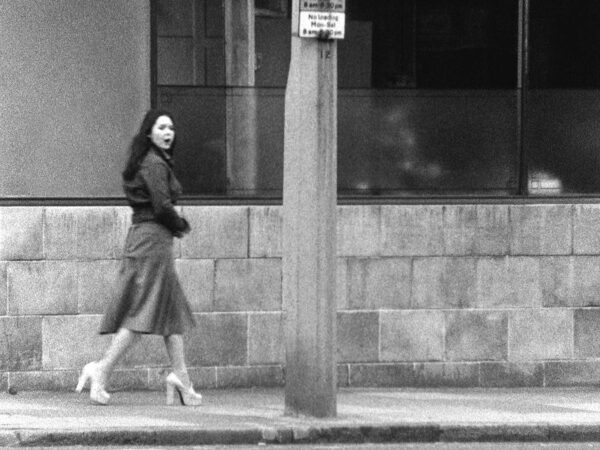
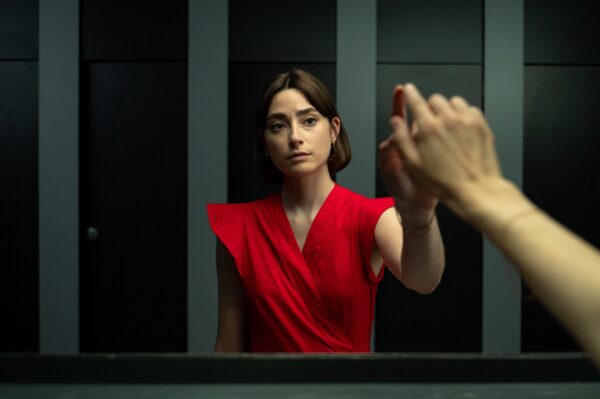

Thank you for your review
Do you Know where we can watch this film ?
Thanks
Julie (France)